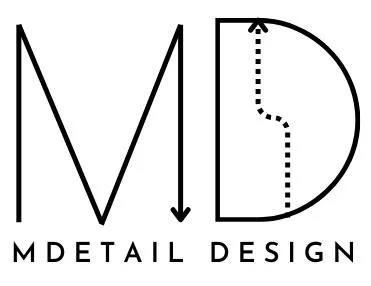Management
Effective Project Coordination

Effective Project Coordination
Effective project coordination in railway projects is crucial due to the complexity and scale of these endeavours. It requires a deep understanding of railway engineering and construction processes, as well as a project management that is fit for purpose.
Our Team at MDetail is experienced in coordination of high budget engineering projects in the United Kingdom and the Middle East, based on which we can foresee the critical paths and typical problems associated with linear construction projects. Our holistic approach that incorporates design, construction and survey expertise can lead to overall work optimisation that ensures all elements of the process come together seamlessly
We aim to deliver a safe, efficient, and high-quality railway system, in the required timescale and budget. We are prepared to work on a task basis or as seconded coordinators in regular contact with your projects.

Our management and coordination consultancy are not limited to:
Optimisation of the design and Construction process
Internal Coordination:
Coordination between teams / subsystems on the project, review of the internal procedures and processes to identify bottlenecks and remove obstacles
Creation of internal tools for project coordination and information management. Introduction of dedicated tools, automation and software solutions.
Stakeholder Management:
Coordinating between various parties including clients, contractors, subcontractors, suppliers, government agencies, and the public
Facilitating communication and resolving conflicts
Schedule Integration:
Aligning timelines of different project components (e.g., civil works, track laying, MEP installation)
Managing dependencies between different tasks and teams
Interface Management:
Ensuring compatibility between different systems and components
Coordinating design and construction interfaces between disciplines (e.g., structural, electrical, mechanical)
Risk Management:
Identifying potential risks across all project aspects
Coordinating risk mitigation strategies
Quality Assurance:
Ensuring consistent quality standards across all project elements
Coordinating inspections and approvals
Change Management:
Coordinating the implementation of design changes or scope modifications
Assessing the impact of changes on different project areas
© Copyright 2024. M Design. All rights reserved.

